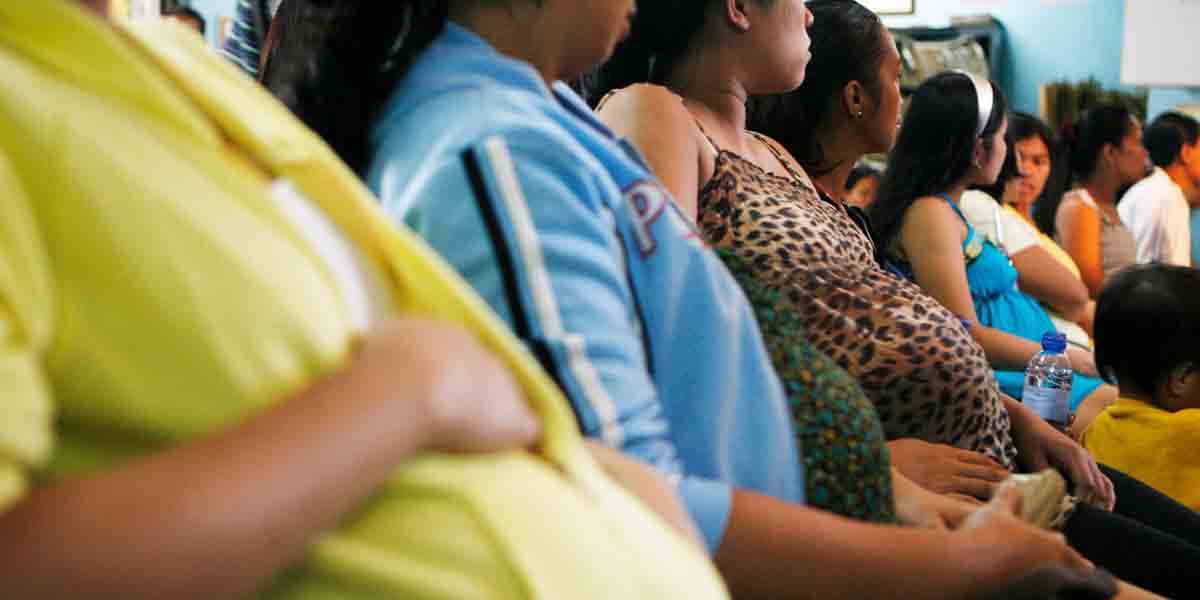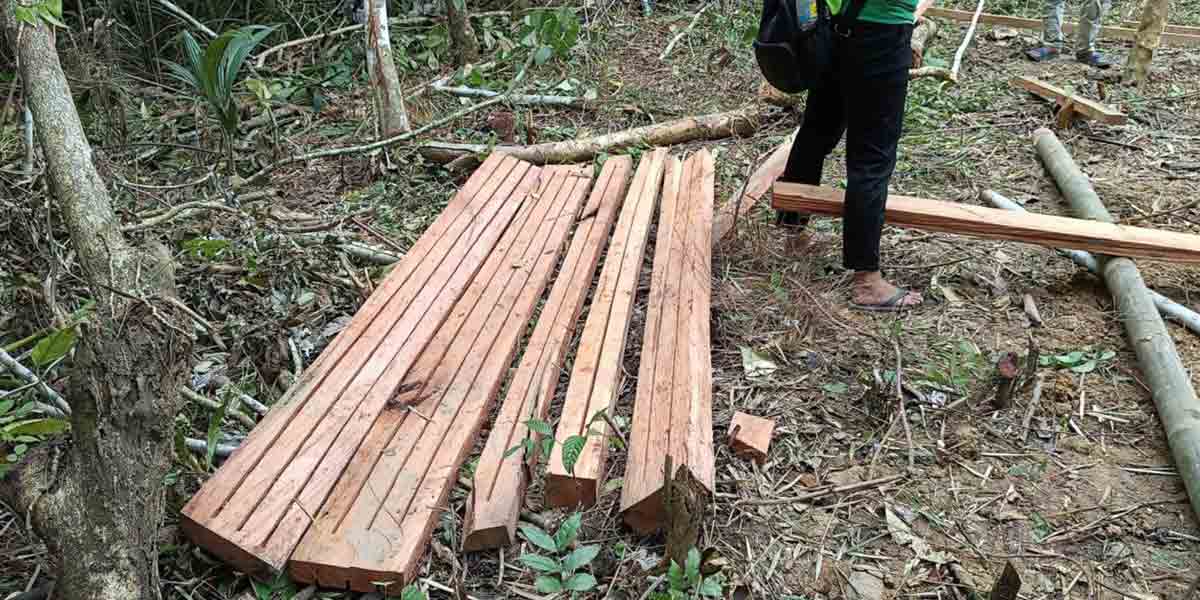 By: Dr. Rex Casiple
By: Dr. Rex Casiple
The year 2019 was a year full of challenges to our youths and in education.
In the early part of the year, a number of cases in schools were observed to be growing and more violent. Juvenile crime has been blamed for many social ills. About 60 percent of juvenile crimes fall under crimes against property; includes theft, robbery, malicious mischief, estafa, among others.
The youth offenders were getting younger and daring. They were figured in serious crimes from just petty crimes. Lowering the age of criminal liability was a controversial issue in the year 2019. Schools should offer programs or integrate into the curriculum topics about gangs, their destructiveness and how to avoid them.
The move of the Iloilo City Government to strictly implement a curfew for minors was applauded as a kind of intervention to minimize juvenile crimes or untoward activities at night.
Adult education highlighted in this year 2019. Adult education is a public education program for all adults from 18 years and older. Adult education helps elder students earned a high school diploma, learn to speak English, learn about jobs and how to do business.
Adult education consists of separate but interrelated programs of functional literacy promotion and continuing education which is focused on socio-economic and citizenship training. Top universities in the country led the adult education initiative by offering evening and weekend classes on cooking, food processing, information technology and other business-related courses. Some colleges and universities taught farmers business and numeracy skills in order to earn a living and or not to be exploited by traders.
The country was alarmed by a viral alleged high school bullying video taken in one of the reputable Catholic educational institutions in the country. The video had surfaced showing a high school student bullying and physically assaulting a student from the same school after challenging him to a fight. These happenings again urged the Department of Education to remind all public and private schools the enforcement of the Implementing Rules and Regulations (IRR) of Republic Act 10627 or the Anti-Bullying Act of 2013.
In the early part of the year, we were bothered by a news report about a sixteen (16) year old girl in a town in Iloilo Province found dead inside their house. The girl, a Grade 10 student, suffered a series of stab injuries, slashed neck and lacerations in her forehead and palm. A day after, the culprit surrendered to the police.
Suicide cases were rampant in the year 2019. A 14-year-old Grade 9 female student in a national high school in Roxas City committed suicide by hanging inside her room in their house. Before the incident, the girl divulged to her parents that one of her teachers did not give her a grade in one of her subjects.
Many of our youths are victims of teenage pregnancies due to peer pressure, drugs and substance abuse leading to compromised decisions, irresponsible sexual behavior that frequently occurs in youth who do not have basic information about sex and contraception. Many pregnant teenagers end up dropping out of school to avoid shame. Thus they are likely not to pursue further education and training. They may decide to focus on the baby or getting married.
In 2019, the government continued to impose free tuition and other school fees to students enrolled in state colleges and universities (SUCs), CHED recognized local colleges and universities and provided financial subsidies to some poor students enrolled in private colleges and universities. This is the way of improving poor students’ access to quality education at the same time making our human resource more globally competitive. These interventions and programs of providing financial assistance to our poor but deserving students is a modest step along the path of enhancing the quality of life of our people, especially the youths of this generation.
(To be continued)
























